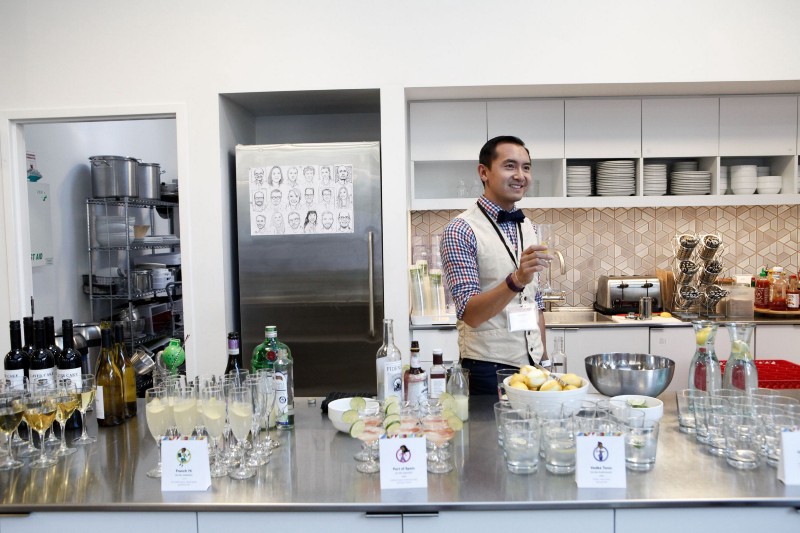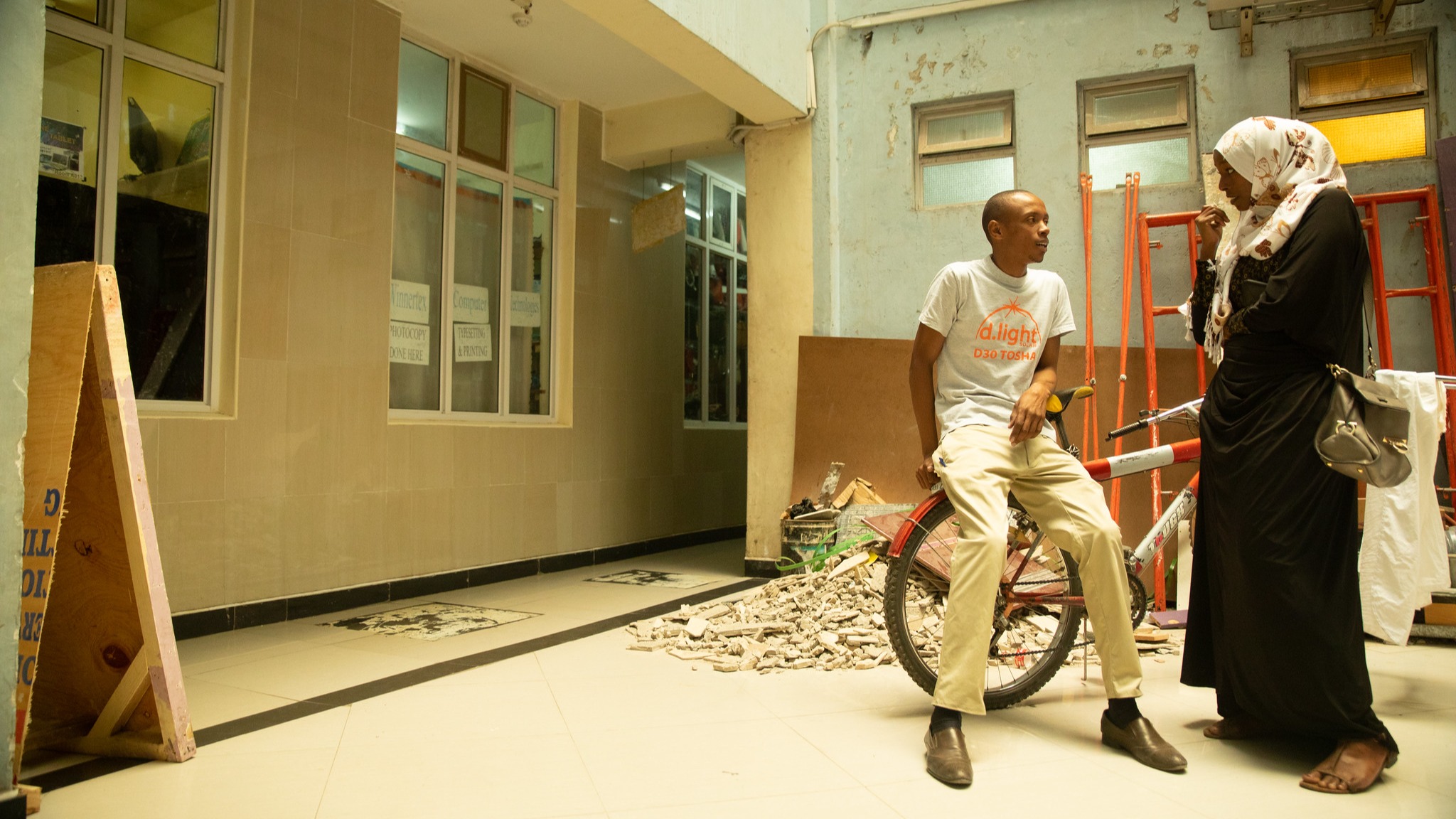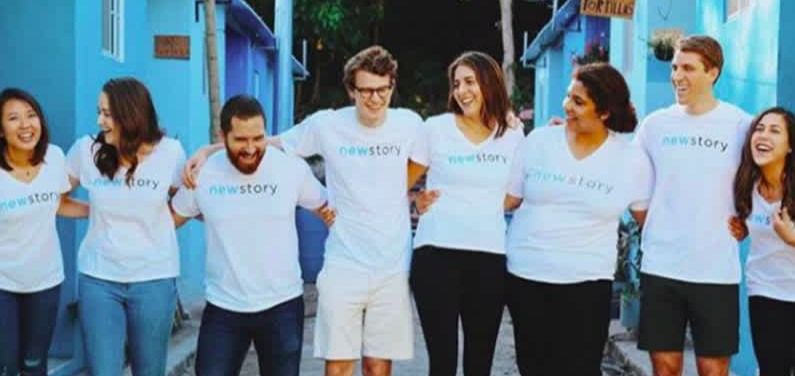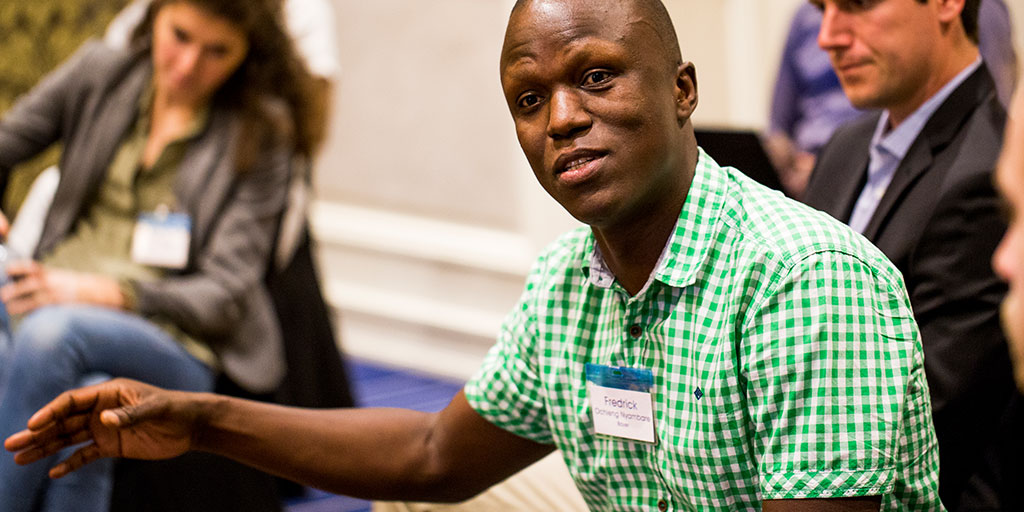Despite my seemingly acerbic demeanor around the IDEO.org studio, I really like people. I wasn’t always sure if I did. In my past life, I held a highly technical role of managing a membrane chromatography product that optimized the production of complex biopharmaceuticals. People seemed fuzzy, complex, and had all of the feels. However, that complexity also made them mysterious, inspirational, and alluring — kind of a living puzzle that gave me joy the more I engage. I realized after a few years in biotech that I was craving the opportunity to engage with people in a way that spoke to my interests. I was looking for connection, creativity, and a challenge that was less numbers-focused, more human.
Storytelling
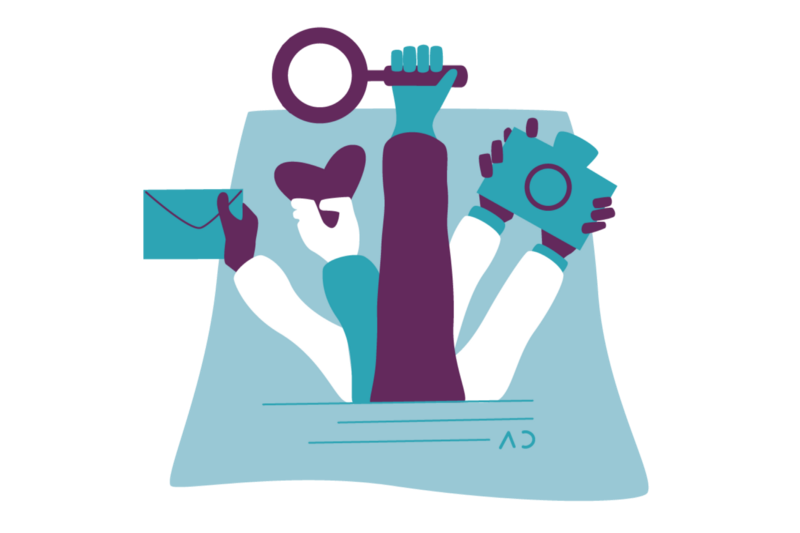
Show, don't tell
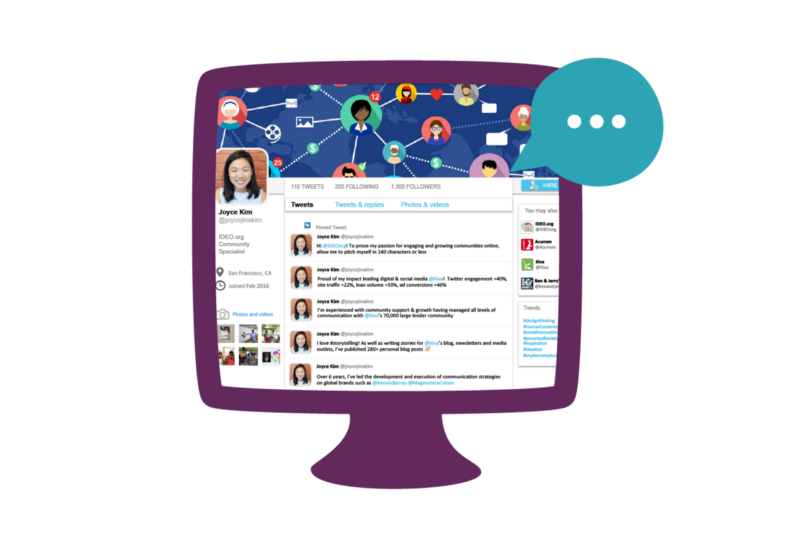
Connecting to Ideo.org values
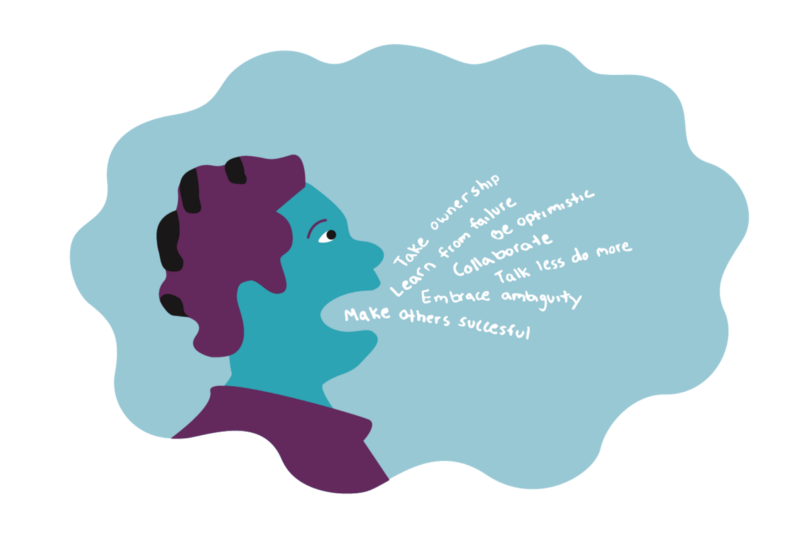
Grit
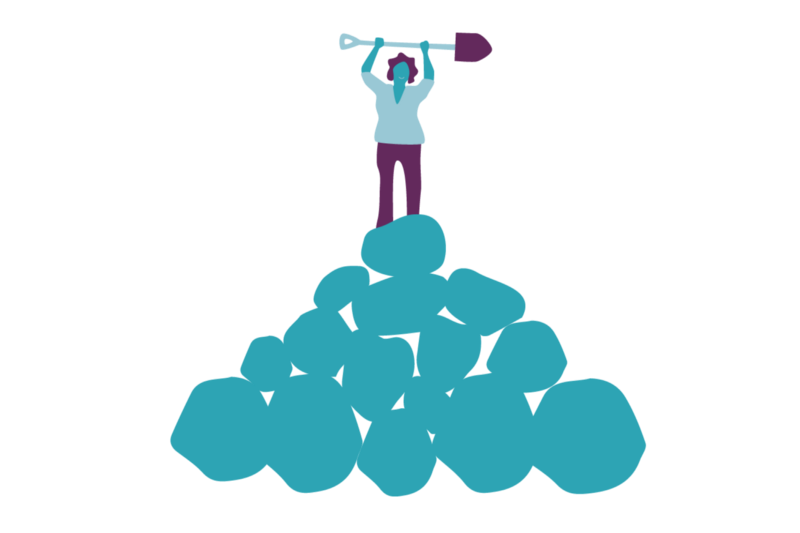
- Describe a time where a solution that you’ve created didn’t work. How did you problem-solve? And what are the insights and learnings you took away?
- When working with teams, partners, and clients, how have you navigated conflict to drive towards a solution?
- What parts of the design process do you loathe? How do you confront it?
Sparkle, not shine
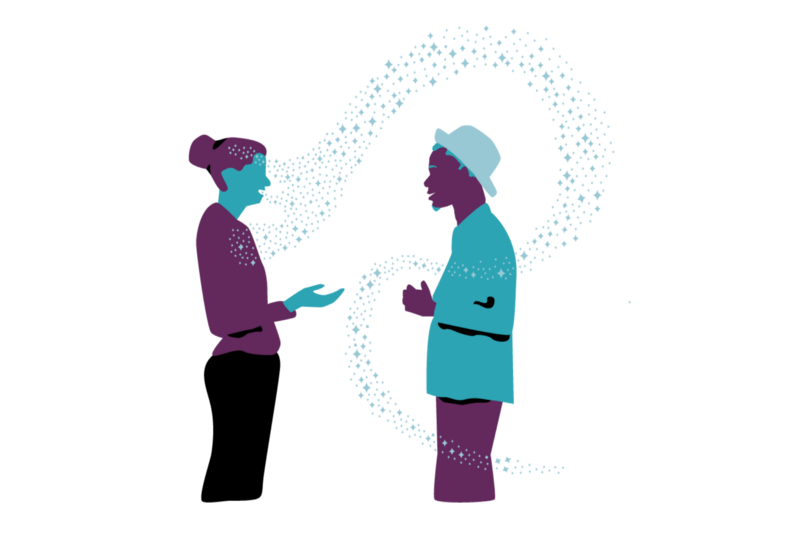
Now you know what I’m looking for when you apply to join IDEO.org. If you’re planning on throwing your hat in the ring for one of our open positions in New York or San Francisco, I can’t wait to meet you. And, if you turn out to be the interaction designer, technologist, or design lead our team’s been looking for, then recruiting is just the first step. Along with my colleagues on the talent team, I’ll be here to help introduce you to IDEO.org’s culture and chart your professional growth. And if you’re lucky, I may even pour you a cocktail or two.
